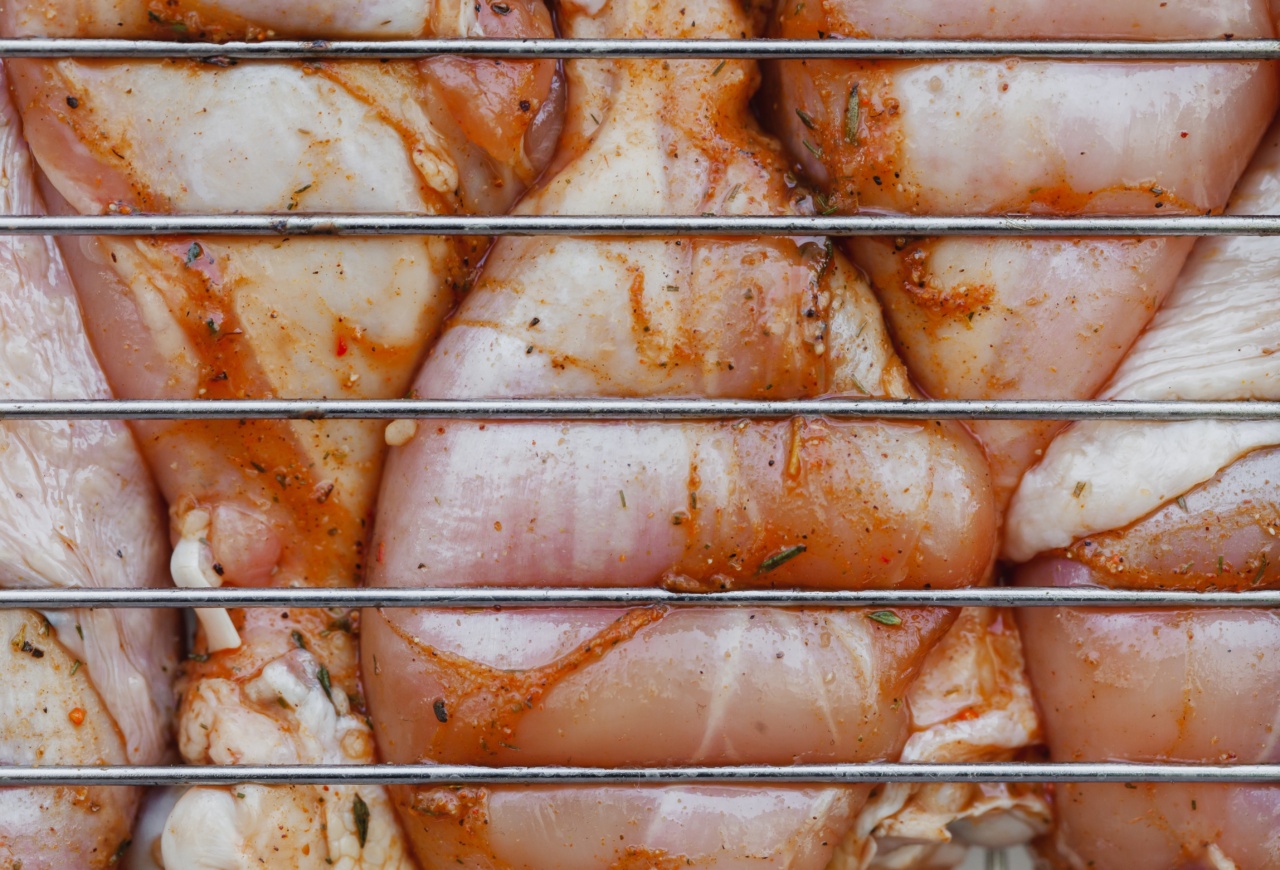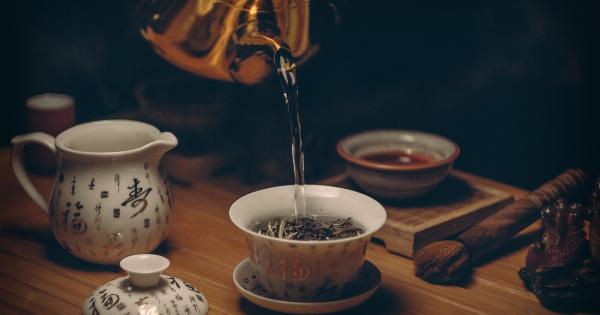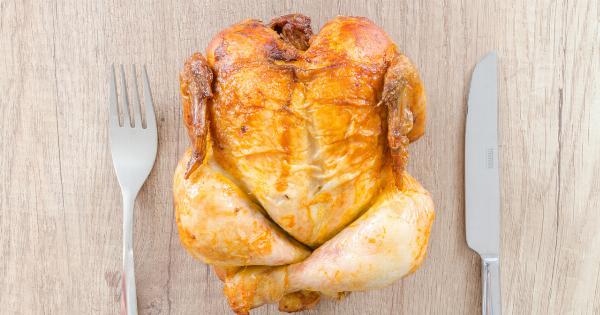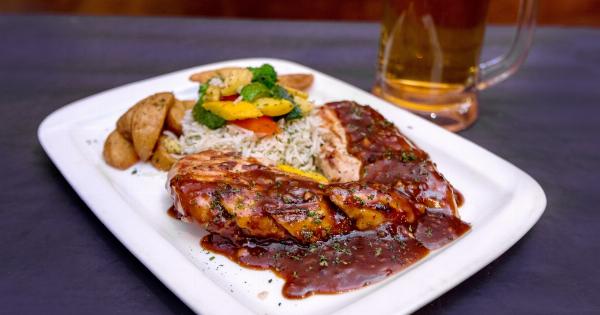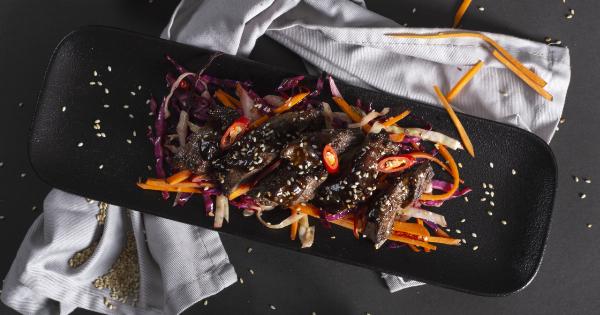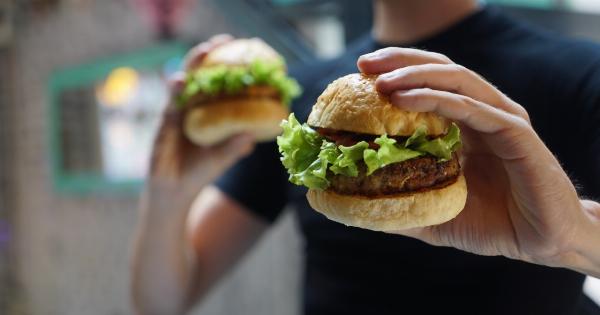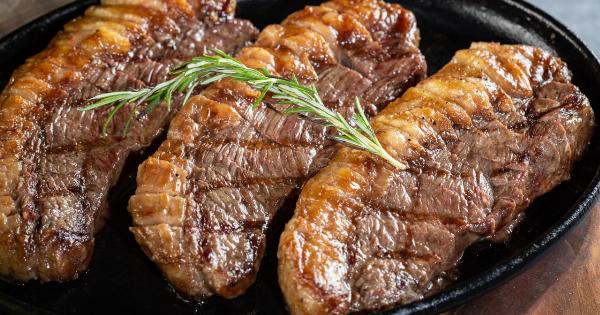When it comes to cooking, we all strive to achieve the perfect texture and taste in our dishes. However, sometimes even the most carefully prepared meals can end up being disappointing due to factors beyond our control.
One such factor is the process of watering hot food, which can significantly affect its texture and taste. In this article, we will delve into the science behind this phenomenon and explore how different foods are impacted when exposed to water while hot.
The Science Behind Texture and Taste
The texture and taste of food are intrinsically connected to its chemical composition, molecular structure, and the interactions between its different components.
These aspects play a crucial role in determining whether a dish is perceived as palatable or unappealing.
Effects of Watering Hot Food
1. Texture Change.
Watering hot food can result in a significant change in texture, primarily due to the presence of starches and proteins in many dishes. Starches, such as those found in pasta or rice, undergo gelatinization when exposed to hot water.
Gelatinization is a process where starch granules swell and absorb water, leading to a softer and more gel-like texture.
On the other hand, proteins can undergo denaturation when exposed to water at high temperatures. Denaturation causes the proteins to unfold and lose their native structure, resulting in a change in texture.
For example, an overcooked egg will become rubbery and tough due to denaturation of the proteins in the egg white.
2. Moisture Loss.
When hot food is exposed to water, it can lead to the loss of moisture from the dish. This can occur through evaporation, where the water molecules in the food turn into vapor and escape into the surrounding atmosphere.
Moisture loss can lead to dryness in the dish, making it less appealing and enjoyable to eat.
3. Dilution of Flavor.
Another significant effect of watering hot food is the dilution of its flavor. Water is a highly polar molecule, which means it has an affinity for dissolving substances, including the flavorful compounds in food.
When hot food comes into contact with water, some of these compounds dissolve and spread out, reducing the concentration of flavors in the dish. As a result, the taste may become less intense and robust.
Impact on Specific Foods
1. Pasta.
Watering hot pasta can cause it to become overly soft and mushy due to the gelatinization of starches. It is crucial to drain the cooked pasta immediately to prevent excessive absorption of water.
2. Steamed Vegetables.
While it may seem counterintuitive, watering hot steamed vegetables can lead to a loss of color and crispness. The exposure to hot water can cause the cell walls to break down, resulting in a soggy texture and dull appearance.
3. Roasted Meat.
Watering hot roasted meat, particularly poultry, can result in the skin becoming less crispy. The water can penetrate the skin, making it soggy rather than achieving the desired crispness.
4. Rice.
Overwatering hot rice can lead to it becoming clumpy and sticky. The excess moisture causes the starches in the rice to overgelatinize, resulting in a less desirable texture.
5. Soups and Stews.
While watering hot soups and stews can help in adjusting the consistency and thickness, excessive watering can dilute the flavors. It is important to add water judiciously to maintain the desired taste.
Preventing Negative Effects
1. Drain Excess Water.
For foods such as pasta or rice, immediately drain the excess water after cooking to prevent further absorption. This will help maintain the desired texture and prevent sogginess.
2. Use Condiments and Sauces.
If you find that watering hot food has diluted its flavor, you can add condiments and sauces to enhance the taste. This can help compensate for any loss of flavor due to dilution.
3. Reheating Methods.
If you have inadvertently watered hot food and are unhappy with the resulting texture and taste, consider using alternative reheating methods.
For example, reheating in an oven or on a stovetop can help restore the desired texture without further watering the dish.
Conclusion
Watering hot food can have a significant impact on its texture and taste. Understanding the science behind these effects can help us better control the outcome of our dishes.
By being mindful of the specific foods and their reactions to water, we can ensure that our meals retain the desired characteristics and provide an enjoyable dining experience.
